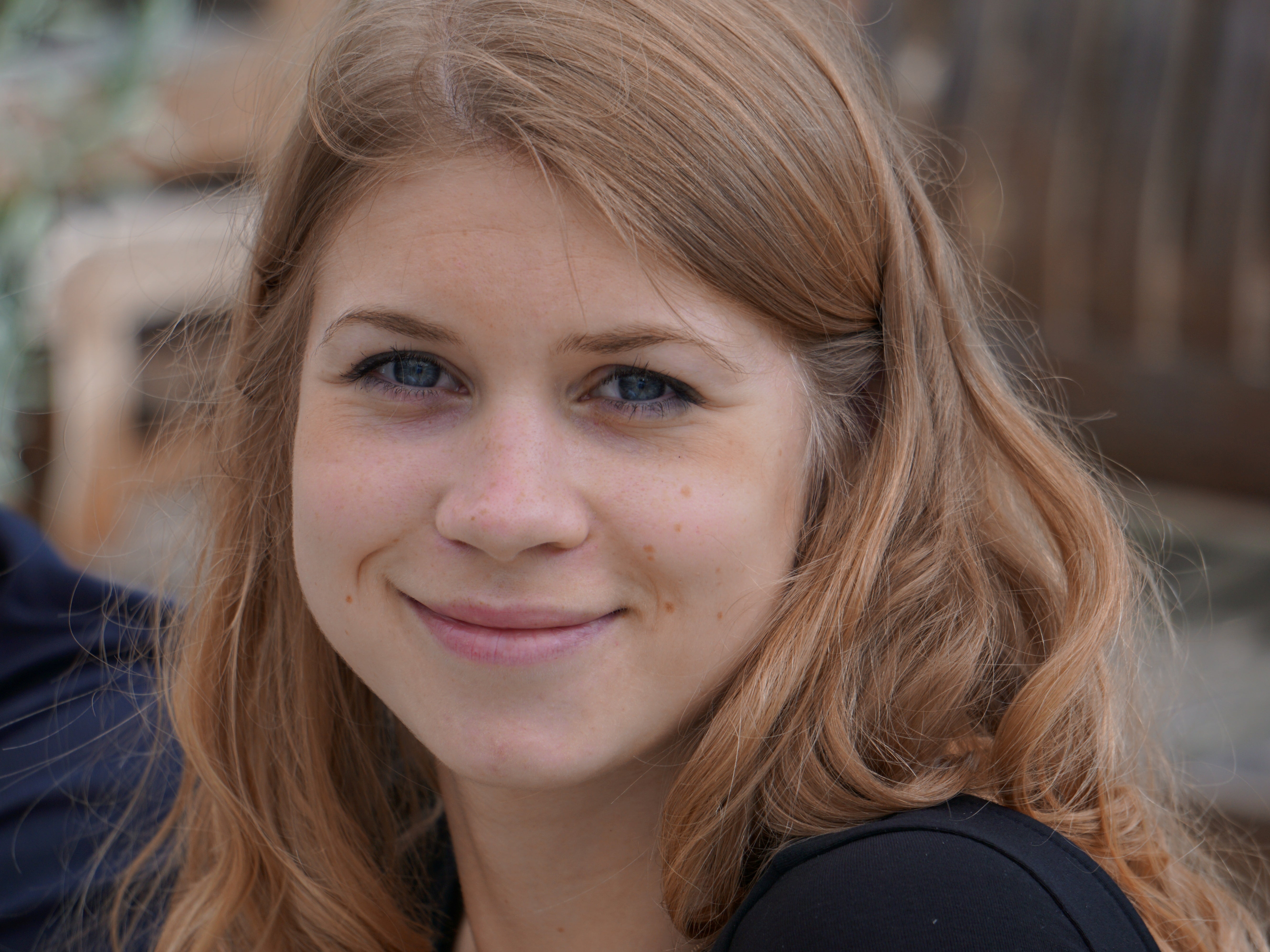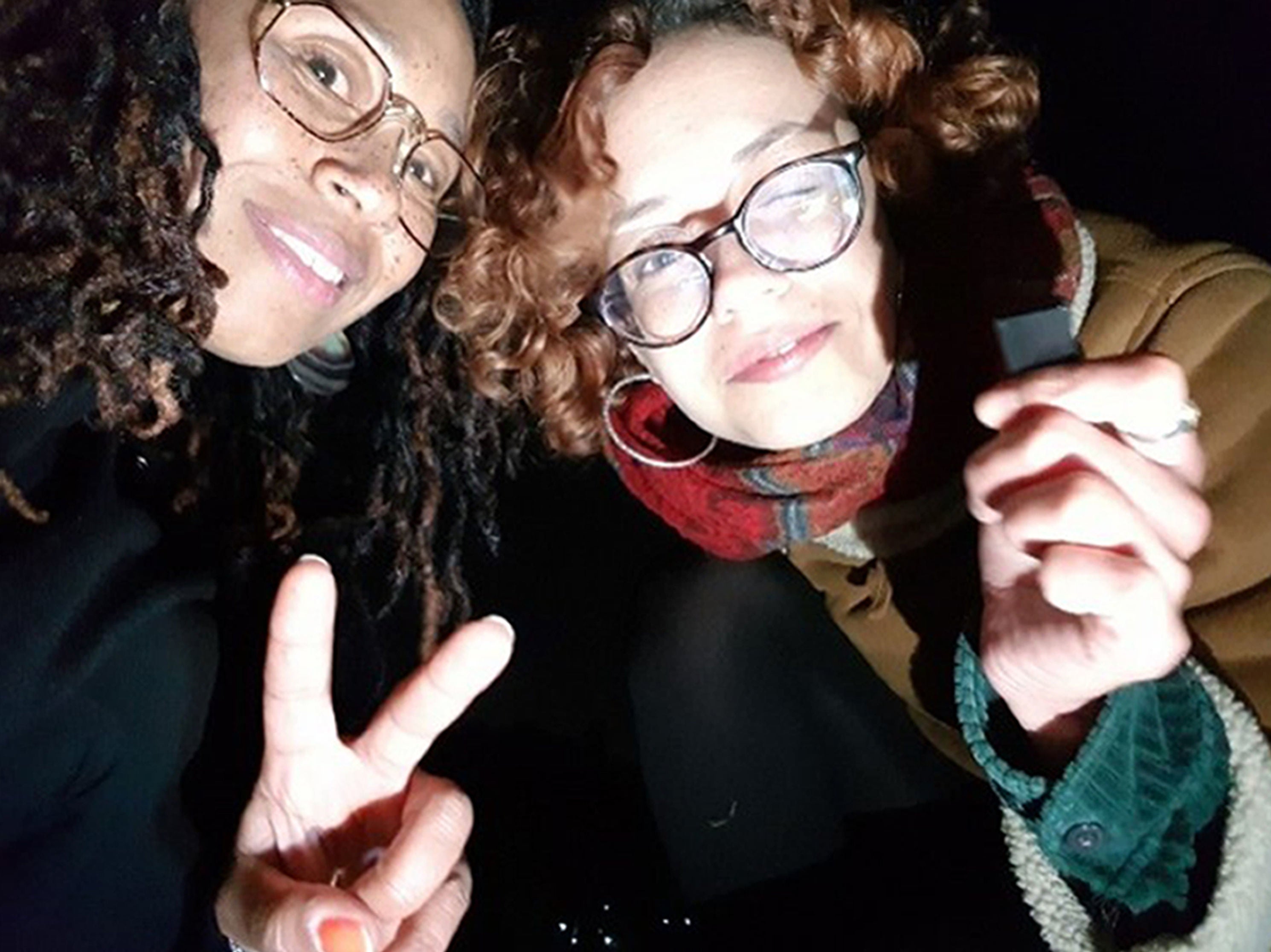Nearly half of women trust police less after Sarah Everard murder, survey suggests
Police are being called on to do the ‘difficult internal work’ of tackling misogyny in their ranks

Your support helps us to tell the story
From reproductive rights to climate change to Big Tech, The Independent is on the ground when the story is developing. Whether it's investigating the financials of Elon Musk's pro-Trump PAC or producing our latest documentary, 'The A Word', which shines a light on the American women fighting for reproductive rights, we know how important it is to parse out the facts from the messaging.
At such a critical moment in US history, we need reporters on the ground. Your donation allows us to keep sending journalists to speak to both sides of the story.
The Independent is trusted by Americans across the entire political spectrum. And unlike many other quality news outlets, we choose not to lock Americans out of our reporting and analysis with paywalls. We believe quality journalism should be available to everyone, paid for by those who can afford it.
Your support makes all the difference.Almost half of women have lost trust in policing in the wake of the murder of Sarah Everard and other high-profile examples of police forces’ misogynistic cultures, according to a new survey.
A YouGov poll, on behalf of the End Violence Against Women (EVAW) coalition, found 47 per cent of women and 40 per cent of men polled said trust in the police has decreased since the details following the crimes of Ms Everard’s killer, Wayne Couzens.
Nearly one in three women (29 per cent) said they continue to trust the police after Ms Everard’s killing.
In March this year, Metropolitan Police officer Couzens falsely arrested Ms Everard in south London while off-duty before going on to kidnap, rape, and murder her.
The atrocity triggered a widespread public outcry, prompted a government crackdown on sexual harassment as part of its strategy to tackle violence against women and girls, and caused Home Secretary Priti Patel to promise a “thorough review” of police vetting.
Couzens will spend the rest of life behind bars after admitting to the murder of Ms Everard in July.
The poll, which surveyed 1,699 adults, also shows 76 per cent of women (and 71 per cent of all adults) think the culture of policing has to change in order to better respond to violence against women and girls.
Sixty-five per cent of people said that the government should do more to prevent sex-based violence, and 10 per cent of women said they would be less likely to report sexual assault to the police after finding out about Couzens’s actions.
Couzens – a married father-of-two – had been nicknamed “the rapist” by his colleagues, was known to make women feel “uncomfortable”, and had been accused of two counts of indecent exposure.
Earlier this month, two police officers pleaded guilty to misconduct for sharing photographs of the crime scene where sisters Bibaa Henry and Nicole Smallman were stabbed to death in a random attack by teenage incel Danyal Hussein last summer.

The officers – PC Deniz Jaffer, 48, from Hornchurch in east London, and PC Jamie Lewis, 33, from Colchester in Essex – had taken selfies next to the sisters’ bodies, and the images were shared in a WhatsApp group.
The Independent Office for Police Conduct said Lewis had “used degrading and sexist language to describe the victims”.
Another six officers were investigated for failing to either challenge the taking and sharing of the photos, or report it to seniors.
These types of cases have “propelled a national conversation about the institutional cultures that underpin and enable police perpetrators to abuse without consequence,” EVAW – a coalition of 114 support groups, survivors, and activists – said.
Government and police chiefs have made a series of commitments to address police violence against women and girls.
Home secretary Priti Patel had announced £5m for measures hoped to help keep women safe, including CCTV and street lighting.
But EVAW said these measures fail to address the root causes of sex-based violence, and that “difficult internal work” is needed to “confront police failings – including the institutionalised racism and misogyny underpinning them.”
Andrea Simon, director of EVAW, said: “We are yet to see any commitment and accountability for the meaningful internal work needed to shift the institutional cultures and practices that excuse and enable this harmful behaviour – instead we have seen superficial and unevidenced measures announced that feel like a PR exercise.
“From other sources, we know that one woman a week reports domestic abuse by a police officer, and that police commit offences as wide-ranging as deceiving women into sexual relationships, taking photographs of women killed, nicknaming their ‘rapist’ colleagues, and committing rape and murder.
“What’s more, women who come forward as victims of abuse are routinely dismissed, blamed, and denied justice.
“It can be no real surprise that 1 in 10 (10 per cent) women would be less likely to report a sexual assault to the police since the coverage of the Sarah Everard case.
“From the Met’s action plan on VAWG, to forces advising women to stay at home at night, the NPCC and APCC must seriously consider why police responses are continually charging women with keeping ourselves safe, when they should be addressing harmful sexist and racist policing cultures wherever they are found and preventing VAWG from happening in the first place.”




